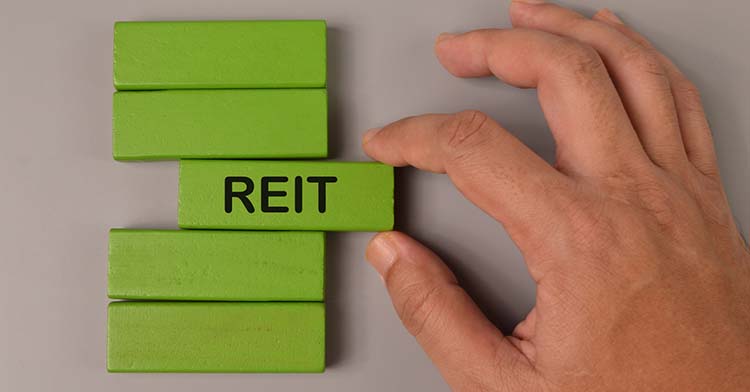What Does An Asset Manager Do in Real Estate?

In basic terms, an asset manager manages assets. When the term is related to real estate, the asset manager is responsible for managing someone’s real estate assets. That means making decisions about the real estate portfolio to help it gain value and to manage risk. An effective real estate asset manager will need to understand the market, keeping current with research, including financial, political, and economic events. Note that an asset manager is not a property manager who manages an investment property's physical and financial operations.
When Did REITs Start?

A REIT is a Real Estate Investment Trust. This fractional investment structure provides an opportunity for investors to participate in commercial real estate without being involved in the actual management or maintenance of the property. REITs own, operate, or finance properties intending to earn income for their investors. They work like mutual funds. The REIT Act was part of the Cigar Excise Tax Extension of 1960, passed by Congress and signed by President Eisenhower to broaden access to real estate investing. REITs were advanced further with the Tax Reform Act of 1986, which enabled REITs to operate and manage real estate in addition to owning or financing it.
What Are the 1031 Exchange Rules in Texas?

We’ve provided—and will continue to provide—a great deal of information about the 1031 exchange process. Much of the information in our blogs is based on the Internal Revenue Code, which involves federal legislation. But many states have their own regulations when it comes to successfully completing 1031 exchanges to help defer capital gains taxes.
What Is Unsystematic Risk?

Portfolio diversification is a risk management strategy that many investors follow. But what risks are investors trying to reduce through diversification? Some risks can’t be reduced, but that isn’t what diversification is after. Diversification helps manage unsystematic risk. In this article, we’ll go over what unsystematic risk is.
Are REITs Redeemable?

Real estate investors can choose to buy investment properties directly or place their money into a real estate fund. If you're interested in real estate investing but want to add even more diversification to your portfolio, you could also consider investing in a real estate investment trust (REIT). These are companies that are designed specifically to own and operate real estate that generates income. While REITs are often considered alternative investments, you may be wondering if this type of investment is redeemable. Here's a closer look at what REITs are and if they can be redeemed.
Can a 1031 Exchange Be Used for Farmland?

As has been pointed out time and time again, the 1031 Exchange is in place to help investors defer taxes on capital gains by allowing them to swap one type of real estate held for trade or investment for another (with assistance from a Qualified Intermediary). And most like-kind exchange discussions tend to center around commercial real estate, or residential property used to generate rental income.
Are Single Family Rentals a Good Investment?

Deciding which investments to add to your portfolio can be more challenging than you might anticipate. If you have found yourself interested in alternative investments, real estate is a choice. Because of the many different types of properties at your disposal, you can invest in a property type that aligns with your individual investment objectives.
What Are the 1031 Exchange Rules in California?

If you need information about 26 U.S. Code § 1031, also known as “Exchange of Real Property Held for Productive Use or Investment,” also known as the 1031 exchange or like-kind exchange, you can learn a great deal from blogs on our website. This is our mission—we help clients manage investment property wealth through the use of this exchange.
What Is the Due Diligence Period in Real Estate?

Whether you’re buying real estate for investment or to live in, you’re putting money into that property. A lot of money. You don’t want to inherit a seller’s problems when you buy.
What Is Ad Valorem Tax, and How Do You Calculate It?

An ad-valorem tax is a tax that is levied on the assessed value of real or personal property. The Latin term ad-valorem translates to English as “according to value.” These taxes can be annual taxes like property assessments or transactional taxes like sales taxes.


